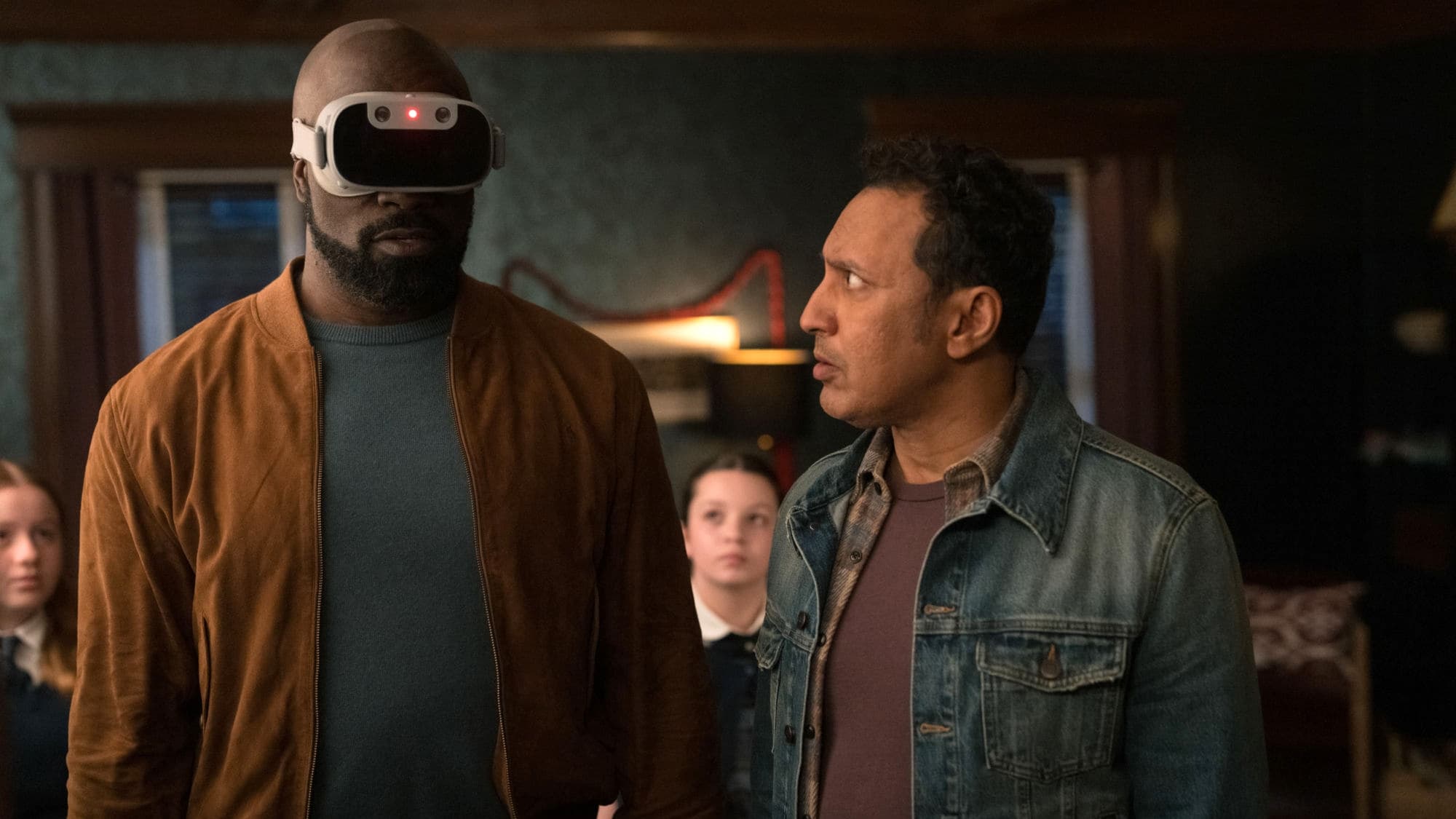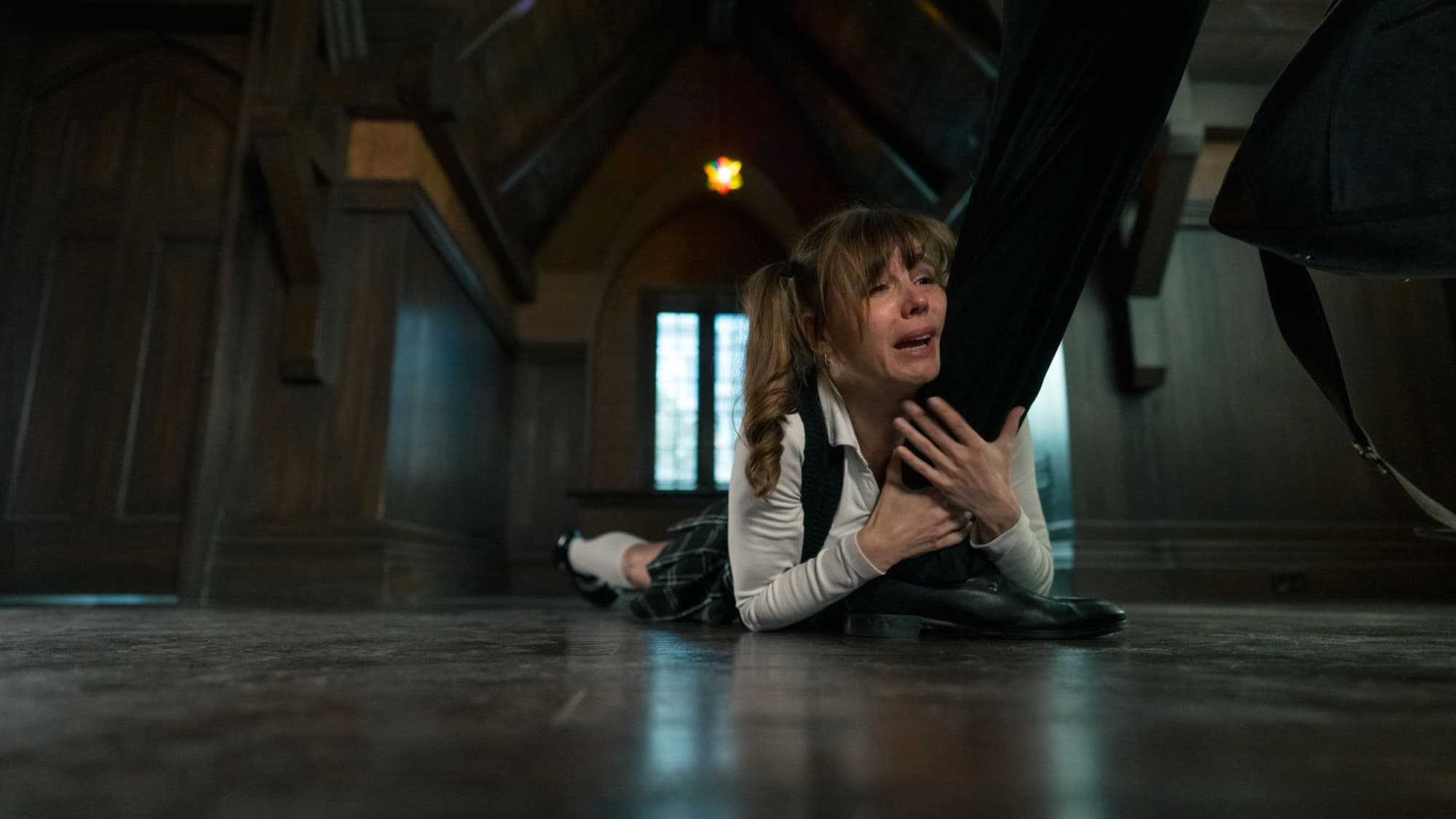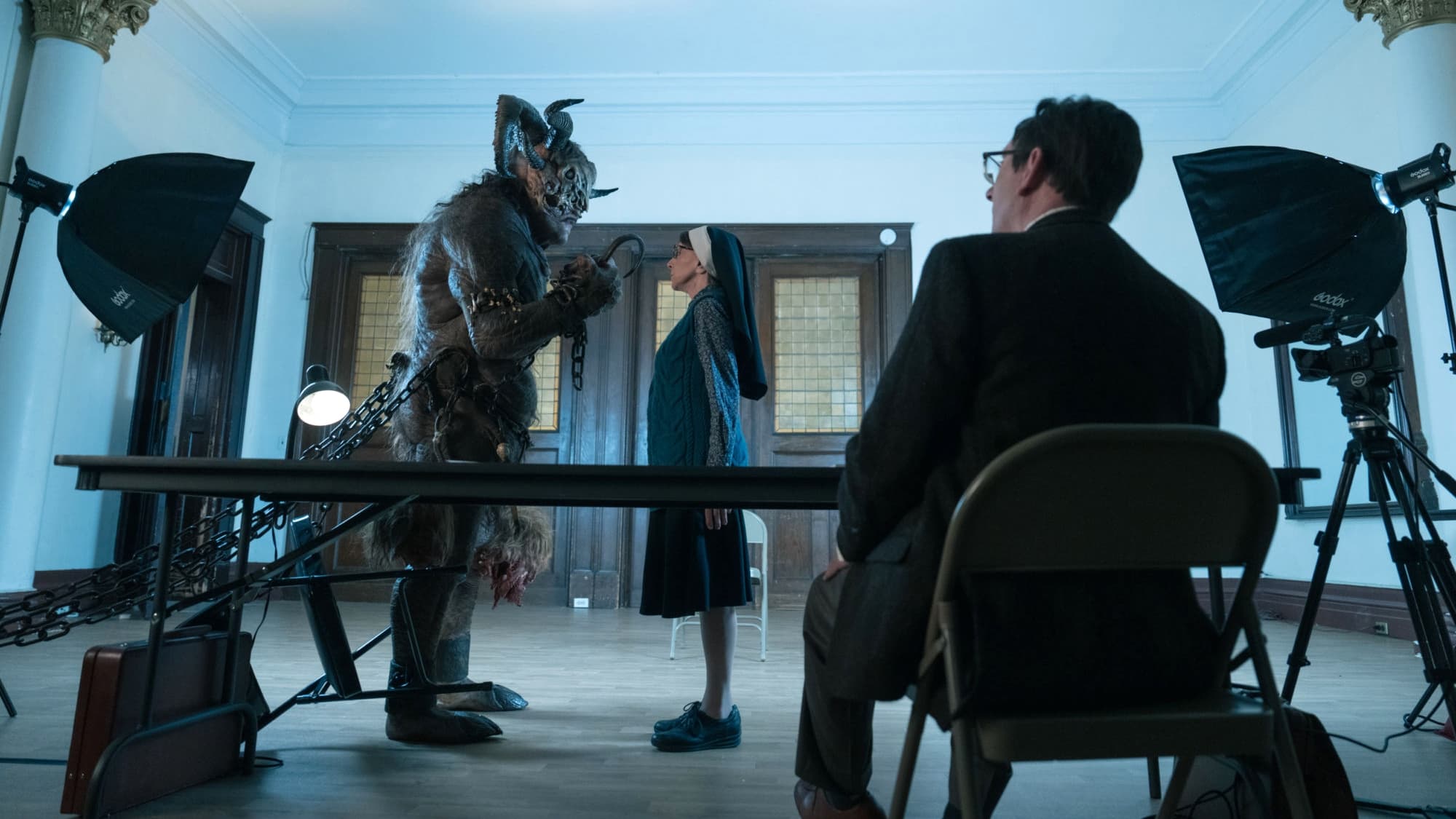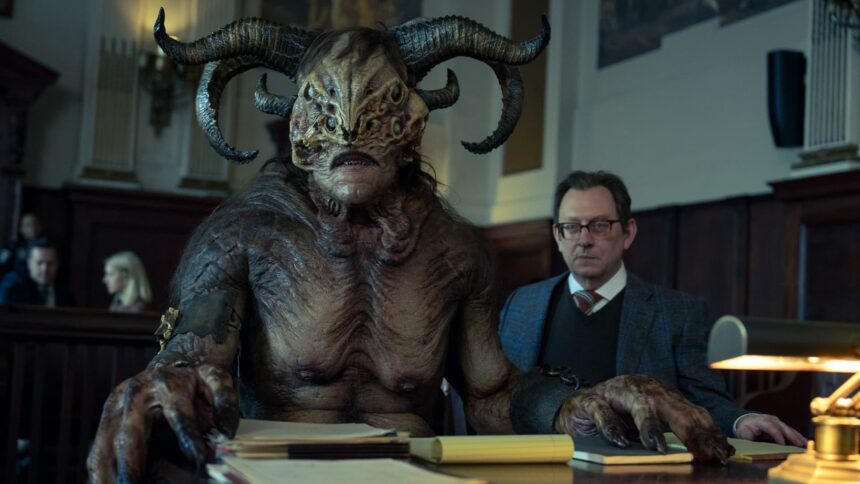Last summer, something unexpected happened: Suits found a second life on Netflix, capturing a whole new audience and even paving the way for a spin-off, Suits: L.A.. This kind of revival story fueled hopes for other shows that seemed dead in the water. One such show is Robert and Michelle King's acclaimed psychological horror series, Evil, which has seen a resurgence in popularity after its first two seasons landed on Netflix. However, unlike Suits, the odds are not in Evil‘s favor.

The Plot and Style That Made ‘Evil' Stand Out
Evil premiered on CBS in 2019 and wrapped up its fourth and final season in late August 2023, totaling 50 episodes. The series followed an unconventional trio investigating supernatural events on behalf of the Catholic Church: forensic psychologist Kristen Bouchard (Katja Herbers), priest David Acosta (Mike Colter), and tech expert Ben Shakir (Aasif Mandvi). The show combined procedural elements with deeply personal stories and philosophical inquiries, never shying away from wacky, imaginative, or adult themes. Its willingness to tackle complex subject matter and take big swings set it apart from other procedural dramas.
The supporting cast added further depth, with Michael Emerson playing the chilling antagonist Leland Townsend, and Christine Lahti, Andrea Martin, Patrick Brammall, and Kurt Fuller rounding out a solid ensemble. The show carved out a niche for itself, appealing to those who appreciated horror mixed with dark comedy and character-driven storytelling.

Late Success and Lingering Regret
The show's late bloom on Netflix generated renewed interest and, inevitably, calls for more seasons. In a twist of irony, co-creator Robert King noted in an interview that the timing couldn't have been worse: “I'm disappointed because they found it too late… A lot of the fans [that] came are probably a little too late to save the show.” While the revival of Suits shows how streaming can breathe new life into older shows, the financial complexities surrounding Evil seem to have sealed its fate for now.

Why Did ‘Evil' End?
The decision to conclude Evil came down to the show's financial viability rather than creative exhaustion. King revealed they had ideas for “two more seasons,” indicating that there was still plenty of narrative ground to cover. The creators, however, knew going into Season 4 that it would likely be the end. To bring closure, they extended the season from 10 to 14 episodes, giving fans a reasonably satisfying conclusion while leaving the door open for future possibilities.

The Complicated Landscape of Modern Streaming
The entertainment industry's current state—where streaming platforms, traditional networks, and financial constraints collide—creates unpredictable outcomes for TV series. While Evil found a new audience on Netflix, all four seasons are still primarily available on Paramount+. This dual-platform availability may have fragmented its viewership, preventing the show from achieving a large enough following to justify a revival.
It's a shame that Evil found its footing too late to change its fate. The series offered a fresh mix of horror, dark humor, and philosophical intrigue, which is hard to come by in today's TV landscape. Its ability to tackle complex topics while still entertaining made it a standout show, and it deserved a more fitting send-off or, better yet, a revival. While it seems unlikely, the unpredictability of the streaming world does leave a glimmer of hope.
Do you think Evil deserves a revival, or should it rest in peace? Let us know your thoughts.













